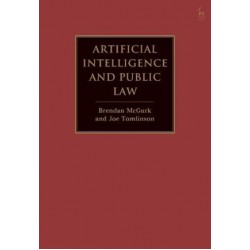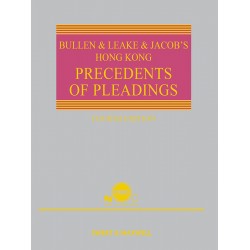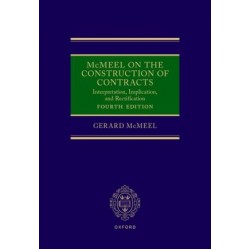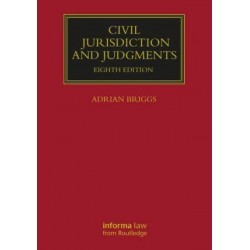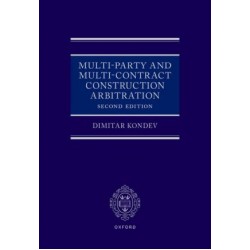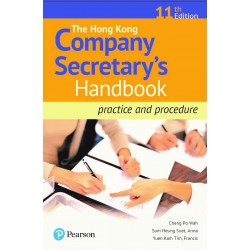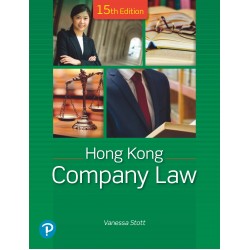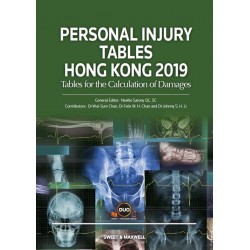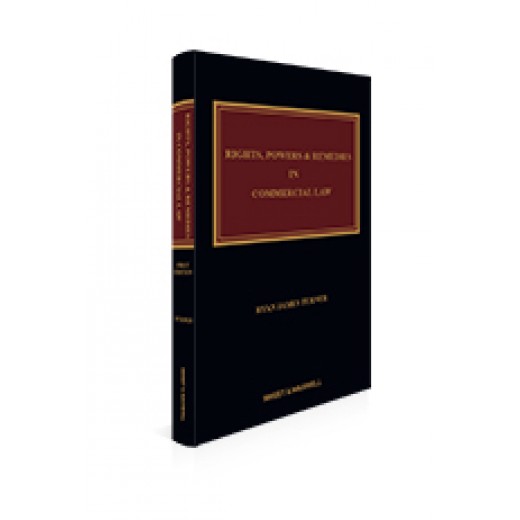This new work deals with rights and non-fiduciary powers that are at play in commercial law and the remedies that may be granted in connection with them. Ryan Turner draws together the law of different sub-disciplines of commercial law — contract law, company law, pensions law, the law of associations, employment law, and insolvency law — in order to provide a comprehensive account of rights and non-fiduciary powers in a commercial context.
The book distils rigorous doctrinal analysis into practical frameworks and guidance to assist practitioners to readily understand and advise in relation to contracts and trust deeds and disputes arising out of them. At the same time, the author draws out and seeks to resolve analytical fissures in the law, engaging in sustained analysis of core authorities such as Lehtimäki v The Children’s Investment Fund Foundation (UK) [2018] EWCA Civ 1605, Braganza v BP Shipping Ltd [2015] 1 WLR 1661, Re Dee Valley Group plc [2017] EWHC 184 (Ch), Re Noble Group Ltd [2018] EWHC 2911 (Ch), and Lakatamia Shipping Co Ltd v Su [2015] 1 WLR 291, among others.
- Sets out a theory of non-fiduciary powers and rights out of the common law that accounts for the distinctiveness of each of these legal relations so as to explain why Courts impose controls on only some types of powers but do not impose controls on rights or other types of powers
- Forward looking, it is not only descriptive but also normative. The law relating to non-fiduciary powers (such as powers granted by a contract) is in a state of continuing development. For this reason, the Book describes the law as decided by judges, but also suggests answers to problems that have not yet been considered in the Courts and ways in which the law might develop in line with the broader policies of commercial law
- It is remedies-focused, addressing the remedies that may be granted by a court in connection with rights and powers, addressing questions such as “what can we get”? and “how can we get it?”
- Provides practical guidance on obtaining a range of interim remedies in the commercial sphere with a particular focus on injunctions against shareholders to control or prevent the exercise of voting rights attaching to shares
- Sets out a practical framework for practitioners engaged in drafting contracts or suing on them to understand contractual powers and their exercise
- Suggests a series of standard terms that parties may seek to include in their contracts so as to bring about distinct consequences in the construction of those contracts with certainty.
- Takes in not only UK authorities but draws also on the laws of Australia, New Zealand, Hong Kong, and offshore jurisdictions (including the Territory of the Virgin Islands and the Cayman Islands) in order to better explain and critique the law of England & Wales.




-250x250.jpg)

